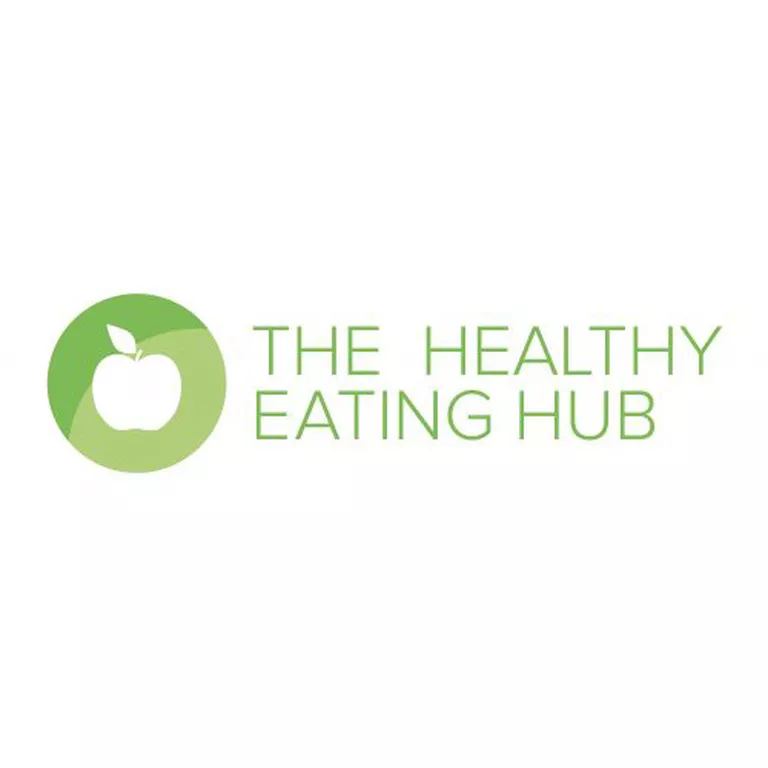4. Include one or two vegetarian meals per week to reduce saturated fat intake
In recent years, there has been a stronger push for more plant-based diets. This push is now reflected in most café and restaurant menus, through the growing vegetarian and vegan options available that may not have been available in the past. There are a number of health benefits in following a plant-based diet, one of those being improved cardiovascular health due to limiting intake of saturated fat and encouraging a high intake of heart-friendly wholegrains, legumes, nuts, fruits and vegetables.
Saturated fat is typically consumed in animal products such as red meat, eggs and whole-fat dairy, although it also appears in some plant-based oils (coconut and palm). You don’t have to switch completely to a vegetarian or vegan diet to help improve your cholesterol levels – you can start by simply thinking about eating one or two meat-free meals a week. There are plenty of delicious options to try, such as:
- Vegetarian pad Thai
- Tacos filled with Mexican-style beans
- Tofu honey and soy stir-fry.










